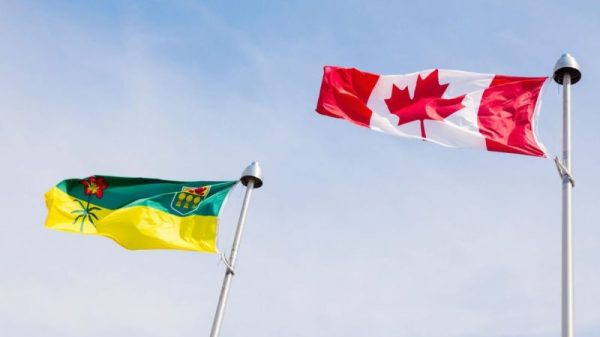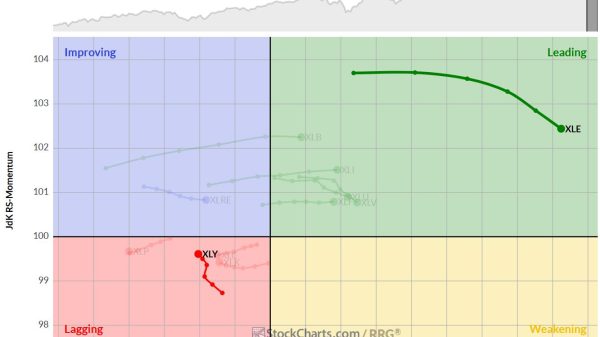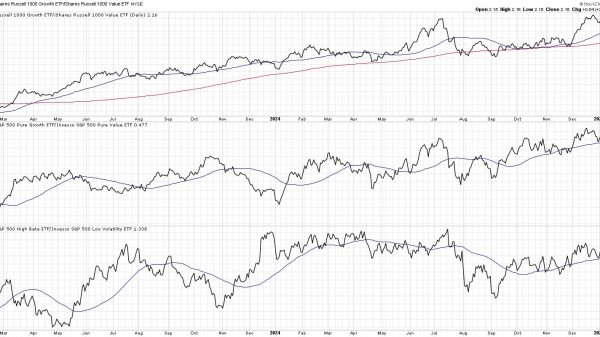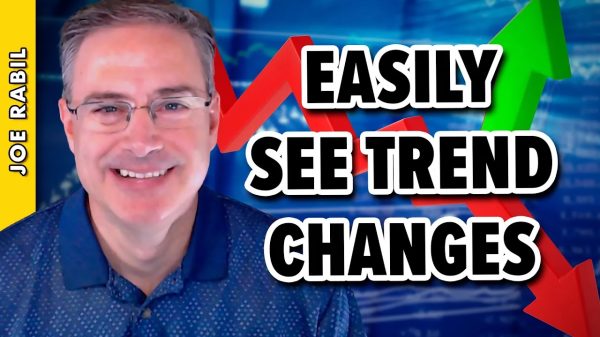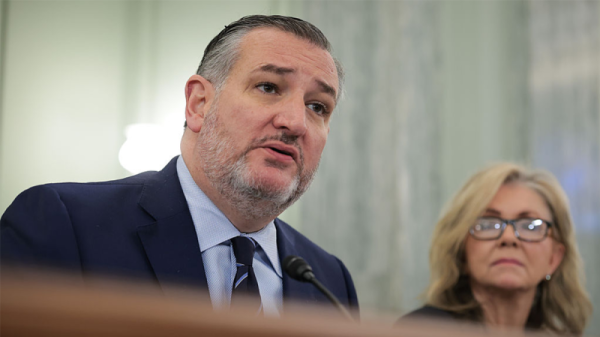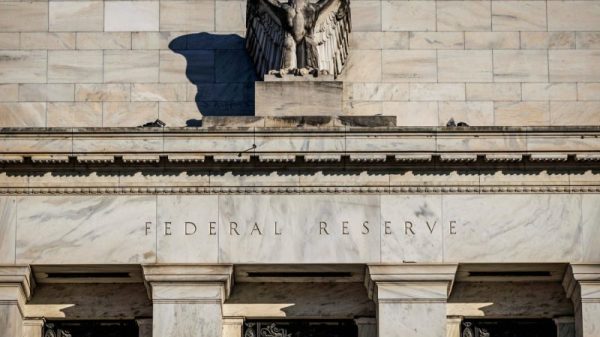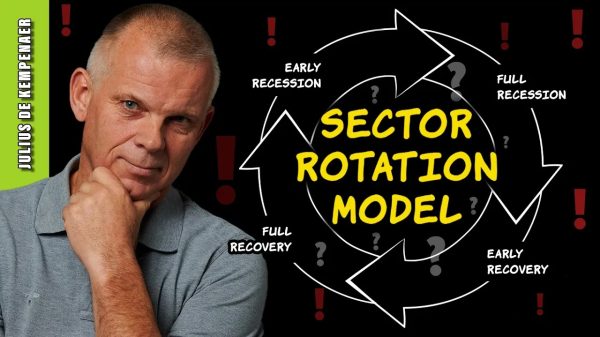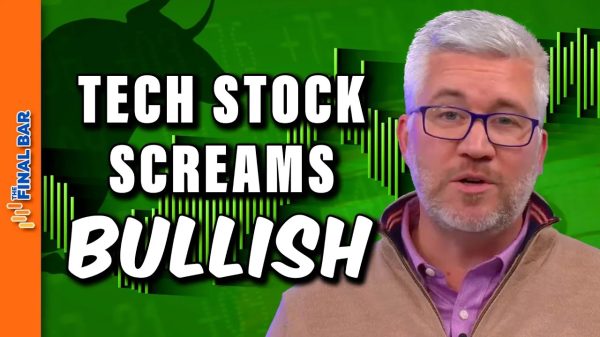Justin Trudeau’s resignation has sparked teasing by Americans to Canadians for the country’s current political mess. One particular tease is tied to a recurring graph on social media showing that GDP per capita stopped increasing at the same pace as the United States in 2015 – a year that coincides with the election of the outgoing prime minister. This decoupling of growth rates implies that Canada has seen its income gap with America grow.
As a Canadian who moved to America in 2021, I often found myself sighing in annoyance at the economic policies of the Trudeau government, such as introducing numerous regulations, increasing spending on questionable social programs, and raising taxes on capital investments. These clearly slowed down Canada’s economic growth to the third lowest in the OECD.
To be sure, Canada has always been poorer than the United States. However, there were episodes in which the gap closed – periods usually marked by pro-market policies and fiscal discipline. The policies of the Trudeau government were all the opposite of that which is why we see that Canada’s gap with American living standards widened.
While damaging enough, this is not the worst legacy of Justin Trudeau. His worst legacy is the carbon tax that was meant to place a price on carbon emissions.
The tax has been so unpopular that a large share of the conservative party’s (i.e., the official opposition) 25 points lead in the polls (nearing its historical score of more than 50% in the landslide election of 1984) can be explained by its promise to “axe the tax”.
As an economist, I appreciate the case for a carbon tax that prices in the externality of greenhouse gases which, in turn, can cause damages to human wellbeing elsewhere in the world (and in Canada). But the textbook application of a tax of this kind is one that is accompanied by two necessary simultaneous policy moves.
The first is that every dollar (if not more) of revenues raised by a carbon tax should be used to reduce other taxes in the economy. This would include corporate income taxes and capital taxes which are known to be important depressants to economic growth. This means that there is the potential for what some call “the double dividend” (faster growth from better tax policy and reduction of the size of the environmental problem caused by climate change)
The second is that the carbon tax should always replace command-and-control policies such as regulations that cap emissions, mandate certain fuel use, subsidize greener production processes at taxpayer expense, etc. This is because the carbon tax lets the market decide the least costly ways to adapt to the new “price” (via the tax) of carbon. Because of this highly effective feature of a carbon tax, all other policies should be removed.
The Trudeau government has done neither of these things. It raised taxes notably on capital gains. It kept the existing command-and-control regulations and added new ones such as a carbon cap specific to the oil and gas sector emissions. Economist Ross McKitrick listed the “massive pile” of command-and-control policies that were added or kept: clean fuel regulations, emissions cap for certain sectors (oil, gas, aviation, railways), coal phase-outs, new energy efficiency rules for building (old and new), performance mandates for natural gas plants, regulatory hurdles to liquified natural gas exports, new and tighter vehicle fuel economy standards, subsidies to ethanol productions, electric vehicle mandates, subsidies to electric vehicles, subsidies to battery makers, carbon sequestration mandates, government purchases of electric vehicles at exorbitant prices and others.
By deviating from the standard “textbook” approach to implementing a carbon tax, Prime Minister Justin Trudeau ensured the policy’s unpopularity among Canadian voters. The tax introduced economic burdens, including modest increases in food prices and significant sectoral shifts. The other tax increases have made the consequences of the carbon tax harder to bear and further slowed down economic activity.
Moreover, the public perception has conflated the high costs of command-and-control regulations, such as the phaseout of combustion engine vehicles — which are ten times costlier per ton of carbon emissions reduced — with the carbon tax. This confusion has obscured the fact that these are distinct policies with separate impacts, compounding resistance to the carbon tax itself.
Of all the measures that can mitigate climate change, the carbon tax is almost certainly the cheapest and most effective. Yet, the refusal of Justin Trudeau to follow the “textbook” case has led to the idea being tainted and spoiled. It is the cherry on top of his litany of policy failures that have put Canada on a path of slower economic growth. Even what could have been his “best” ended up being a flop.

